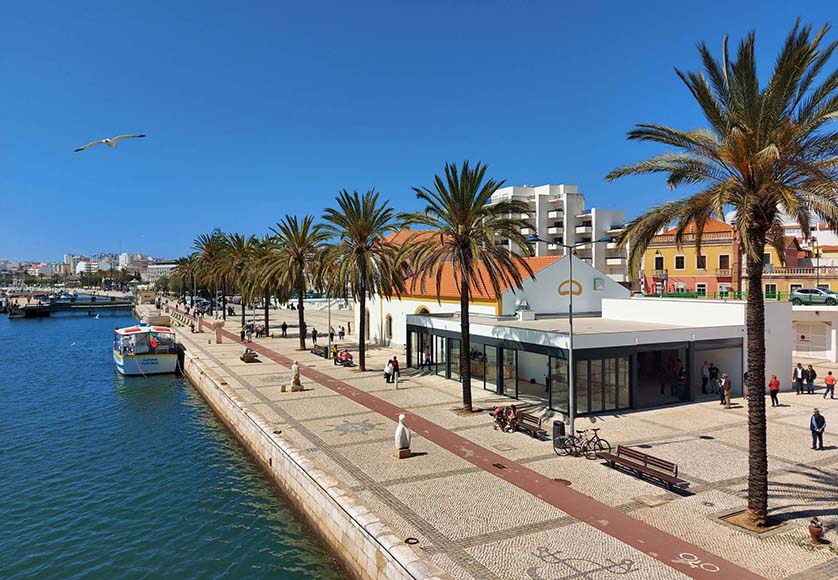
The fire, which has already engulfed more than 2,600 hectares on the Spanish island of Tenerife, is “probably the most complex” in recent decades in the Canary Archipelago off the west coast of Africa, the regional government said on Thursday. .
• Read also: Heatwave: Spain on alert after a weekend of fires
• Read also: Forest fire destroys 7,000 hectares in central Portugal
• Read also: Spain: The fires on the border with France are about to calm down
The fire, which broke out on Tuesday evening, broke out in a forested area and valleys in the northeastern part of the island. More than 2,600 hectares have burned over an area of more than 30 km, according to the latest assessment from authorities.
On Thursday morning, the government issued a decree to close the La Esperanza area of the municipality of Rosario, while about ten villages or hamlets in this tourist area were evacuated as a precaution. About 7,600 people are affected in total.
The head of the archipelago’s government, Fernando Clavijo, said: “The night was very difficult (…) This fire is perhaps the most complex that we have witnessed in the Canary Islands (…) at least in the past forty years.” During a press conference in Tenerife.
He added, “The extreme heat and weather conditions (…) increase the complexity of the work of firefighters.”
More than 250 people, in addition to 17 aircraft, were mobilized to fight the fire. The Military Emergency Unit (UME) has been mobilized, which regularly intervenes alongside firefighters to fight the most ferocious and dangerous fires for the population.
“A new detachment from UME is scheduled to arrive in the afternoon,” Mr. Clavijo added, which will bring the number of soldiers mobilized for this fire to more than 200, according to the Ministry of Defence.
“We are facing a fire the likes of which we have never seen before in the Canary Islands,” meteorologist Vicky Palma said at this press conference, referring to a record column of smoke and a continuous spread of fire of 34 hours.
Local authorities closed roads leading to the mountains northeast of the island.
“We ask residents to respect all these roadblocks,” the head of the archipelago’s civil protection department, Montserrat Roman, said on Wednesday.
The fire comes after a heat wave hit the Canary Islands, drying out many areas and increasing the risk of forest fires.
According to scientists, extreme weather events have intensified due to global warming. Heatwaves are likely to be more frequent and more intense, and their impact more widespread.
In 2022, more than 500 fires in Spain destroyed 300,000 hectares, a record number in Europe, according to the European Forest Fire Information System (Effis). More than 71,000 hectares have already burned in 2023 in this country, which is on the front line of global warming.






